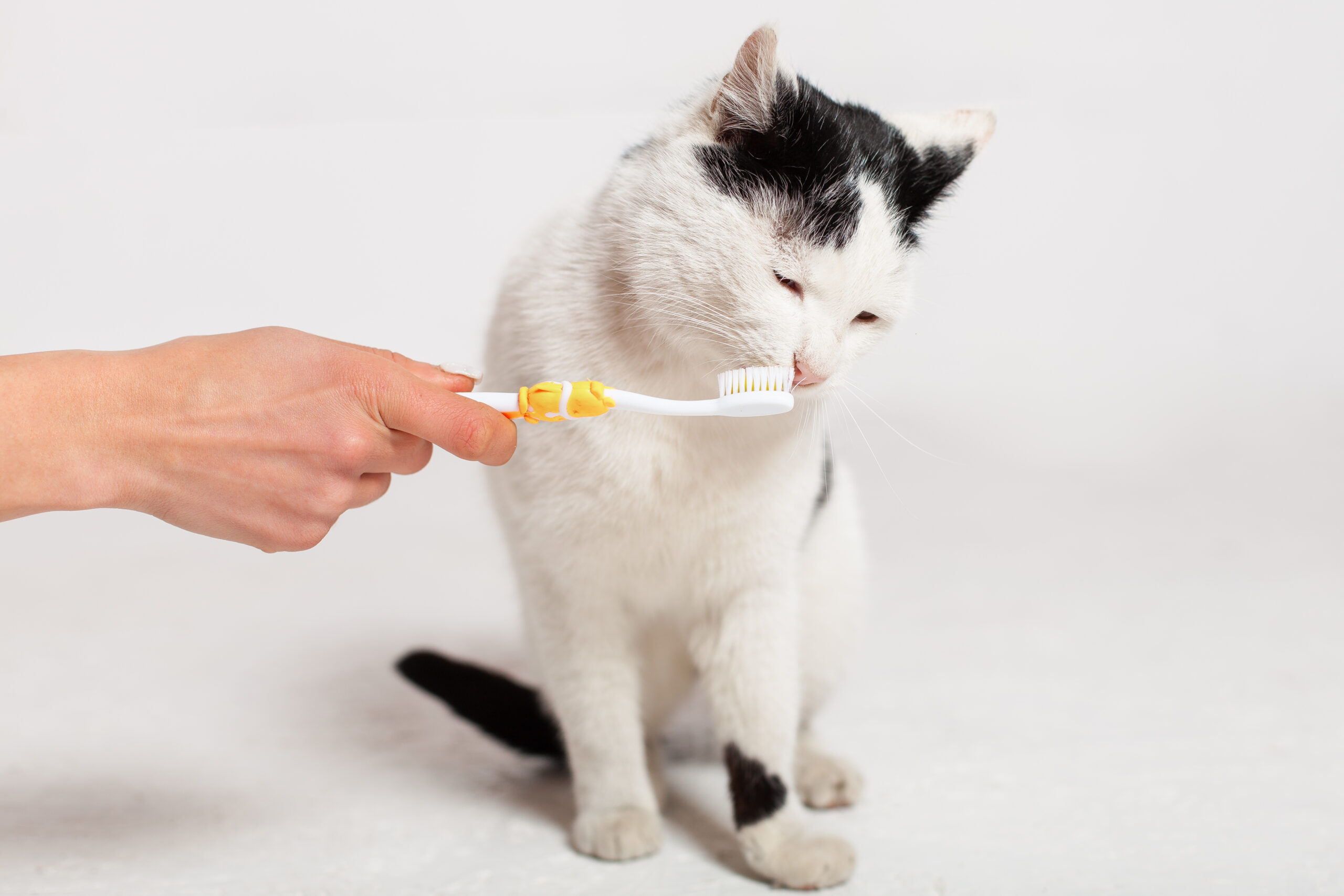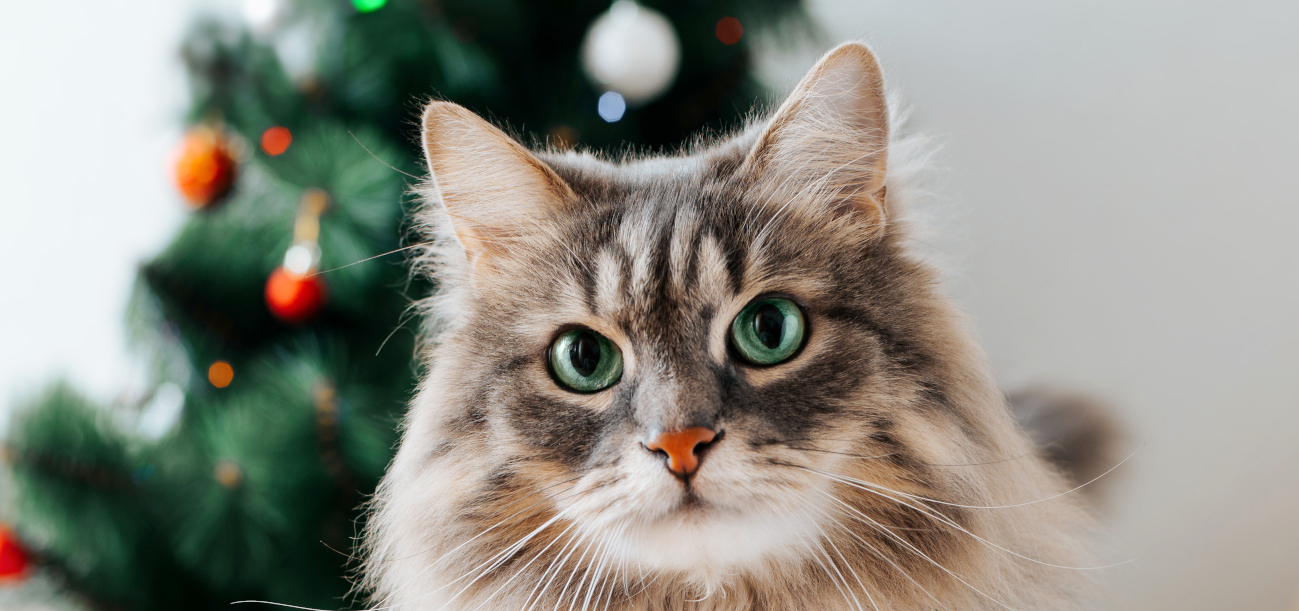Spaying or neutering your kitten will help protect your pet from various diseases of the reproductive organs, help reduce the cat overpopulation by preventing unwanted births, as well as curb your cat’s dangerous roaming tendencies and aggressive behavior.
To help mitigate this situation, a BC non-profit, Vancouver Orphan Kitten Rescue Association provides care and feeding for the kittens and cats. We have assisted in providing medical care.
Spaying is the medical procedure of removing a female cat’s ovaries and uterus to make her unfertile; neutering is the procedure of removing a male cat’s testicles to render him unfertile.
Unwanted Cats are Abandoned, Euthanized, or Die Horribly
Many people believe the myth that female cats should have a litter of kittens before being spayed, which isn’t true, and this important medical procedure is delayed until a litter is born.
If homes can’t be found for the little kittens, they are abandoned or taken to the SPCA or other pet shelters.
- People believe kittens left at the SPCA or pet shelters will eventually be adopted but this is not always the case.
- Abandoned kittens and cats live terrible lives and struggle for survival until they are killed by wild or roaming animals, or die of starvation or disease.
According to PETA (People for the Ethical Treatment of Animals) “Just one female dog and her puppies can result in 67,000 dogs in six years, and one female cat and her kittens can lead to 370,000 cats being born in seven years.”
Since there is no possibility that society can take care of most of them, they suffer and die after reproducing many more kittens to endure the same fate.
Spaying and Neutering Cats Improves Their Overall Health
Cat owners love their little pets and are sometimes reluctant to have them spayed or neutered because they believe it is unkind and causes suffering.
However, these concerns are unfounded:
- Spayed and neutered cats suffer fewer health problems
– Female cats are no longer at risk for uterine and ovarian infections and cancer.
– Male cats are no longer at risk for testicular infections and cancer.
- Removing the testicles of males means removing the hormones responsible for sexual aggression, which leads to wandering in search of females, spraying to mark territory, and fighting between males. Males are also less irritable.
- Removing the sex organs of females means that they no longer suffer through the uncomfortable and messy heat cycles, which draw male cats from miles around.
Surgery is an Uncomplicated and Painless Procedure
Your cat will have a blood test before surgery to ensure that all organs are functioning normally and there will be no complications.
A sedative or injection to control pain will be administered, your cat will receive fluids by IV, and an anesthetic will keep your pet asleep throughout the procedure. His or her vital organs, blood pressure, heart and pulse rates will be monitored during the procedure and the recovery period.
Your cat will receive pain control medication and a warm blanket for comfort during the recovery and you will receive instructions on how to care for your pet at home. Kitty will be back to normal in a few days and the incision will be healed in about two weeks.
Cat spaying and neutering is a routine and important medical procedure for your pet and will help ensure that your cat lives a happy, healthy life.
Creative Commons Attribution: Permission is granted to repost this article in its entirety with credit to the Hastings Veterinary Hospital and a clickable link back to this page.






